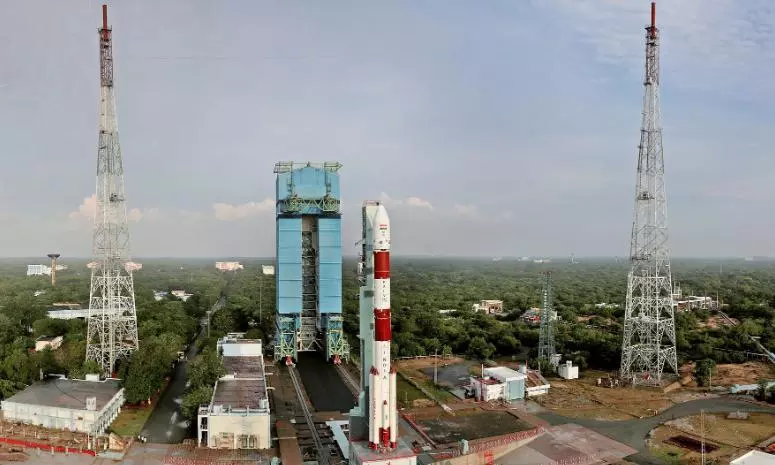ISRO Reschedules Proba-3 Mission Launch Following Anomaly

Tirupati: The Indian Space Research Organisation (Isro) has put off to 4.12 pm on Thursday, the launch of the European Space Agency’s (ESA) Proba-3 mission, initially scheduled for Wednesday. The mission was to be launched in the Polar Satellite Launch Vehicle from the Satish Dhawan Space Centre, Sriharikota.
ESA Director General Josef Aschbacher said the anomaly occurred in the redundant propulsion system of the Coronagraph spacecraft which was onboard the PSLVC59 mission and currently the scientists were involved in identifying the cause of the incident.
The Proba-3 mission signifies a landmark collaboration between ESA and Isro, marking their first joint venture since the launch of the Proba-1 Earth observation satellite in 2001. This highlights Isro’s expanding influence in global space exploration through its efficient and dependable PSLV platform.
Proba-3 is an ambitious mission dedicated to studying the Sun’s corona, the outermost layer of its atmosphere. Understanding the corona is crucial for decoding solar activity and its effects on space weather. According to ESA, this mission is the world’s first to demonstrate precision formation flying, involving two satellites – the Occulter Spacecraft (OSC) and the Coronagraph Spacecraft (CSC).
The two satellites will operate in perfect harmony to simulate an artificial solar eclipse. Maintaining a precise separation of around 150 metres in highly elliptical orbits, one satellite will block sunlight, casting a shadow on the other. This configuration allows the Coronagraph to observe the Sun’s corona for up to six hours – a significant improvement over the fleeting visibility during natural solar eclipses.
The PSLV-XL variant, equipped with extra strap-on boosters, is recognised for its enhanced payload capacity. It will carry the combined 550 kg payload of the Occulter and Coronagraph spacecraft. Isro has stated that the mission will proceed through four stages, with the launch vehicle weighing approximately 320 tonnes.

